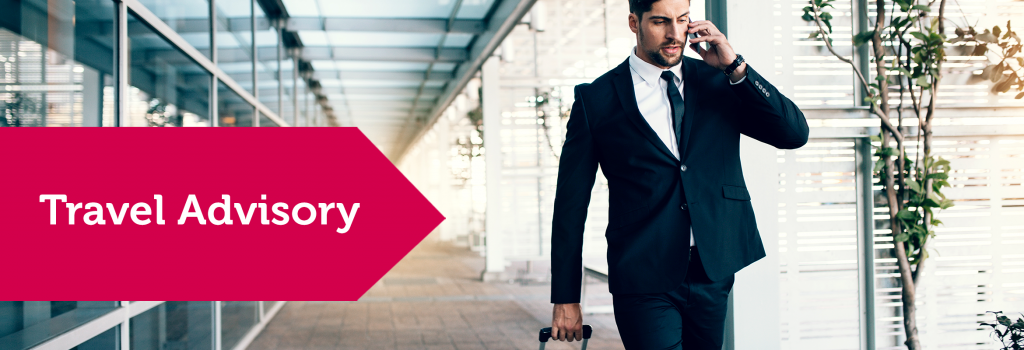
South Africa moves to adjusted alert level three with immediate effect
Monday, December 28, 2020
The latest speech made by President Ramaphosa can be found HERE
The National State of Disaster is in place until 15 January 2021.
South Africa will enter an adjusted alert level three with immediate effect, until 15 January 2021.
The following restrictions will come into effect with immediate effect:
- All indoor and outdoor gatherings will be prohibited for 14 days as of midnight 29 December 2020. Exceptions as detailed in the regulations will be communicated in the following days.
- The nationwide curfew will be extended and will be in place between 9 pm and 6 am.
- Non-essential establishments must close by 8 pm. A list of these establishments will be released shortly.
- It is compulsory for every person to wear a mask in a public place. A person not complying will be committing an offence and could be arrested and prosecuted.
- The sale of alcohol from retail outlets and on-site consumption of alcohol will not be permitted. The consumption of alcohol in public spaces such as parks and beaches remains prohibited.
Additional Coronavirus hotspots have been named. The complete list is as follows:
Eastern Cape - Chris Hani District, Buffalo City, Amathole District, Alfred Nzo District, OR Tambo District, Nelson Mandela Bay Metro and the Sarah Baartman District.
Kwazulu Natal - eThekwini, Umgungundlovu District, Ugu District, Harry Gwala District, King Cetshwayo District and Ilembe District.
Gauteng - West Rand District, Tshwane, Ekurhuleni and Johannesburg.
Western Cape - West Coast District, Overberg District, Winelands District, Cape Town, Central Karoo District and the Garden Route District.
North West Province - Bojanala District.
Limpopo Province - Waterberg District, Capricorn District
All beaches, dams, lakes, rivers, public parks and public swimming pools in hotspots will be closed from 29 December 2020. Those living in hotspot districts are encouraged to minimise their travel within the district to essential travel only. Travel to hotspot districts should be avoided if possible.
South Africans are permitted to travel freely internationally as mentioned during the ministerial brief on 30 September, however will be required to check the entry requirements of the country they wish to travel to. With the emergence of the Covid-19 variant, some countries have decided to restrict entry from South Africa for a period of time. There are still many entry restrictions and border closures that remain in effect globally. Any returning South African citizens and residents will be subject to entry regulations and protocols and may be required to enter quarantine.
Travellers entering South Africa will need to produce a negative PCR test, to be presented on arrival and not older than 72 hours from the date of departure from the country of origin.
- A person entering the Republic must be subjected to screening on arrival at the point of entry, including the completion of a traveller health questionnaire which can be found HERE.
- A person who, during screening, is found to have had exposure to COVID-19 or is presenting with any signs and symptoms of COVID-19, must be subjected to a medical examination which may include testing and isolation.
- A person entering the Republic must on arrival at the point of entry, provide to the port health official the following; A completed Traveller Health Questionnaire; and a valid negative COVID-19 PCR test result, not older than 72 hours from the date of departure from the country of origin.
- A person who is not in possession of a valid negative COVID-19 PCR rest will be subject to antigen testing at the point of entry and may be subject to quarantine at an approved facility at his or her own cost.
Should you have any questions, please contact your dedicated Travel Manager or contact us HERE
Further information related to COVID-19 and risk-adjusted strategies for South Africa can be found HERE
Please visit our Travel News website HERE for the latest traveller updates and news.